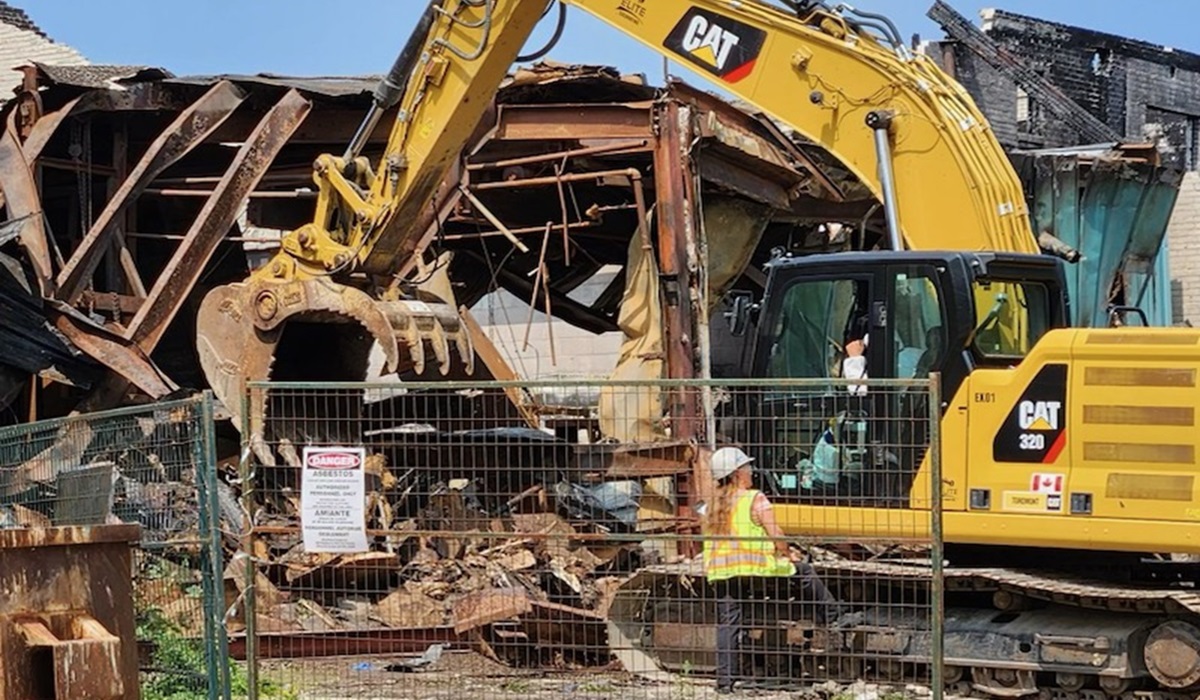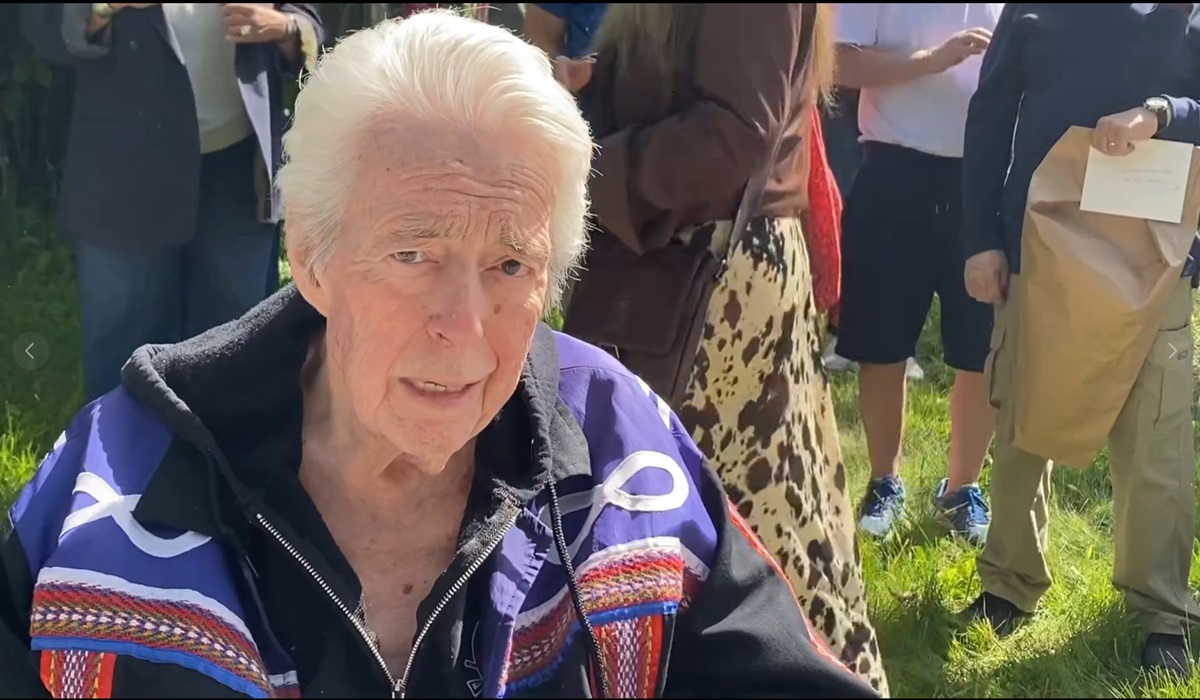Shelter Of Hope Leads The Way out of homelessness
TDS News – A major challenge in addressing homelessness is having the right supports at the right time that will help a diverse mix of people whose needs and readiness are constantly shifting and changing.
The Association for Advocating for Women and Community (AWAC) has the solution: a carefully thought out system of connected services that starts where people are at and sticks with them until their lives start to stabilize. For years, if that’s what it takes.
“AWAC was founded 26 years ago as a shelter for marginalized women and female youth struggling with addiction and homelessness,” said Connie Abe, executive director, Prince George community social service agency. “But about six years ago, we realized we had a revolving door going on, with so little ability to help people beyond meeting their immediate needs.
“So we started a housing continuum and changed our focus to include men as well. We’re proud AWAC has been able to completely transform from who we once were, but still be true to our mission. And we have a lot of success stories.”
AWAC support services start at the street level, with a drop-in centre for women living homeless that has been adapted to allow men to come in through a separate entrance for a shower and other services
The next stage is AWAC’s Housing Readiness program where people live communally but have their own bedrooms. Those who want to detox from drugs or alcohol are supported in preparing for that step.
Communal living options are an important first step in leaving the streets, Abe noted. People may have been living in homeless shelters for years. They are accustomed to having other people around and shelter staff available to help or just hang out with 24 hours a day. To address the chronic need for storage of people’s goods, AWAC offers totes and a place to store them.
Then it’s on to Victoria Towers where people ready to transition out of communal living are provided with independent, furnished apartments and support. The AWAC apartments take up one entire floor of the mixed-use apartment building, creating a safe and non-judgmental community for residents as they prepare for their next stage of change. When ready, people are supported to move into market housing or other subsidized housing options.
AWAC added another important element in their housing continuum two years ago with the purchase of a 28-room motel, dubbed Olive’s Branch.
Olive’s Branch is a transitional housing program for individuals who have begun their own unique journey of sobriety. People waiting for or completing treatment, or being released from incarceration who would otherwise face being back on the streets and close to old troubles, are offered a full range of services. This includes case workers and counselling, assistance in accessing medical care and peer support.
At every stage in the continuum, AWAC outreach workers catch people at any point where they are starting to struggle and help them get back on track. Relapses and stumbles are part of everyone’s journey out of homelessness.
“We have one woman who is such a good example of that, one of our success stories,” Abe said. “She went through all the stages, with many challenges along the way.
“Now, she has transitioned out of our Victoria Towers program and is living independently. She has a job and has her two children back in her care. She has succeeded. But it took years for her to get there. We have that ability to walk with people through all of that, and feel fortunate to have this continuum of services.”
Peer workers are a new addition for AWAC in the past year. The program adds an important element: the chance for people who have made it through their own hard journeys to support a new generation of those looking for a way out of homelessness.
“In days gone by, AWAC was known in the community as the ‘shelter of last resort.’ No longer – we’re the shelter of hope,” Abe said. “We’re going to support you with whatever you need.”
The B.C. government has proclaimed March as Community Social Services Awareness Month in appreciation of the more than 42,000 people who work in the community social services sector. They provide help and assistance to those who need it most.









